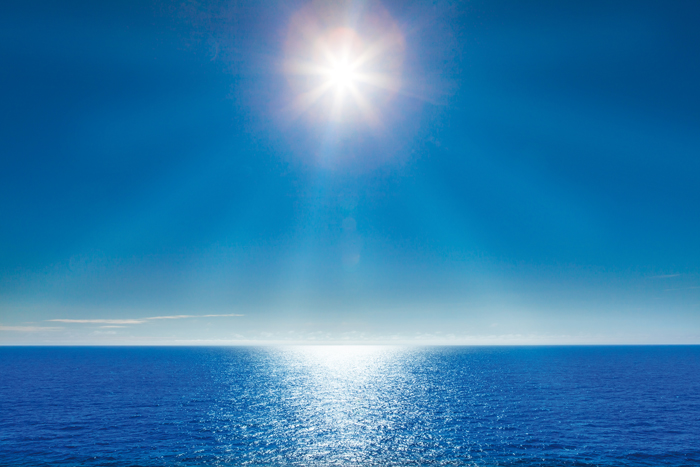The competition

The TUM DeSal Challenge is a construction competition in which students develop their own energy-self-sufficient desalination plant. The competition, which is unique in Germany, is held regularly at TUM. Any student with a good idea can participate. Each participating team receives 1,000 euros for realizing their plants. The plants will be judged in seven categories during the finals and a prize winner selected.
The TUM DeSal Challenge aims to raise the awareness of the growing scarcity of potable water and to promote creativity in engineering.

The TUM DeSal Challenge is an unique competition to draw attention to the problem of global water scarcity. The concept of the TUM DeSal Challenge was born in January 2009. The first competition has been orgamized in July 2009. The organisers decided to establish the TUM DeSal Challege on a periodically basis, as the competition is very well received by all participants.
Having a look at the applications to the TUM DeSal Challenge, the trend to an international diversity of the participants can be seen. In the beginning the event was a regional phenomenon (half of the applications by TUM students in 2009). In 2011, teams from Switzerland, Austria and Spain participated at the competition. In 2013, the geographic range of the participants was extended to Morocco and Serbia. Every team consists of up to 7 team members. In total, around 100 students are involved at each competition.
The variety of the competing teams and their technical concepts represent the full range of desalination methods: membrane systems such as reverse osmosis plants, even membrane distillation, but also a large number of thermal systems, from the more classical “Improved Solar Still” to the humid air distillation up to exotics like the freezing method habe been developed. This does not only show how detailed and technically adept young people deal with finding solutions for providing drinking water, but also that they are ready to strike new paths.
Due to the fact that the desalination systems have to be powered by renewable energy sources, many teams focus on solar energy, both photovoltaics and solar thermal. Biomass, e.g. burning of wood, or muscle power, e.g. pumping by hand, are also applied. The jury had to smile when evaluating a team powering their plant by riding a bicycle (but drinking more water than producing).

